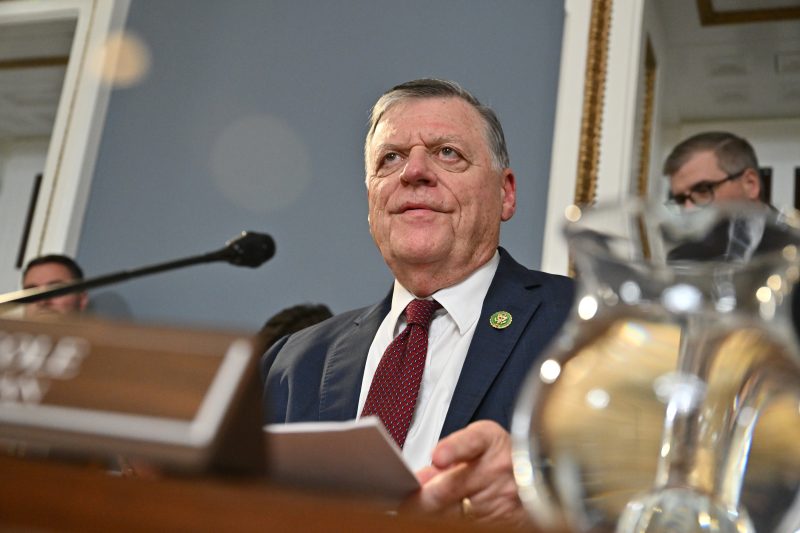
Primary Voters Stick with the Status Quo: Incumbents Prevail Once Again!
In a recent election cycle, primary voters across various districts have shown a tendency to continue backing incumbents, a trend that has been described as a victory for the establishment. Incumbents are individuals currently serving in elected offices and seeking reelection. The phenomenon of voters consistently supporting incumbents can have important implications on the democratic process and the overall functioning of the political system.
One key factor contributing to the success of incumbents in primary elections is the power of name recognition. Incumbents have already had the opportunity to establish their presence in the community, build relationships with constituents, and demonstrate their ability to represent the interests of the voters. This familiarity can give them a significant advantage over challengers who may be less known or lack a track record of public service.
Moreover, incumbents often have access to greater resources, both in terms of campaign funding and organizational support. Having already been through the campaign process before, they may have established donor networks and political endorsements that can help them secure the necessary financial backing to run a successful reelection campaign. Additionally, their experience in office allows them to leverage existing staff and infrastructure to mobilize supporters and effectively communicate their message to voters.
Another important aspect of why primary voters tend to back incumbents is the perception of stability and continuity. Incumbents are viewed as having already proven themselves in office, and voters may be more inclined to stick with a known quantity rather than taking a chance on a new candidate. This preference for continuity can be particularly strong in times of uncertainty or political polarization when voters prioritize stability and predictability in their elected representatives.
However, the tendency to support incumbents in primary elections is not without its drawbacks. Critics argue that this dynamic can perpetuate a lack of turnover in elected offices, limiting opportunities for new voices and fresh perspectives to enter the political arena. It can also create a sense of complacency among incumbents, knowing that they are likely to retain their seat barring any major scandals or shifts in public opinion.
Furthermore, the inclination towards incumbents in primary elections can sometimes result in a disconnect between the preferences of the party establishment and the broader electorate. In cases where party insiders are perceived to have undue influence over candidate selection, there may be a risk of alienating grassroots activists and independent voters who are looking for candidates that better align with their values and priorities.
In conclusion, the trend of primary voters continuing to back incumbents can be seen as a reflection of various factors such as name recognition, resource advantages, and the appeal of stability. While this dynamic may contribute to the overall success and stability of incumbents in the short term, it also raises important questions about the need for diversity, accountability, and responsiveness in our democratic system. As the political landscape continues to evolve, it will be crucial for voters to carefully evaluate the merits of both incumbents and challengers to ensure that their elected representatives truly reflect their values and aspirations.
